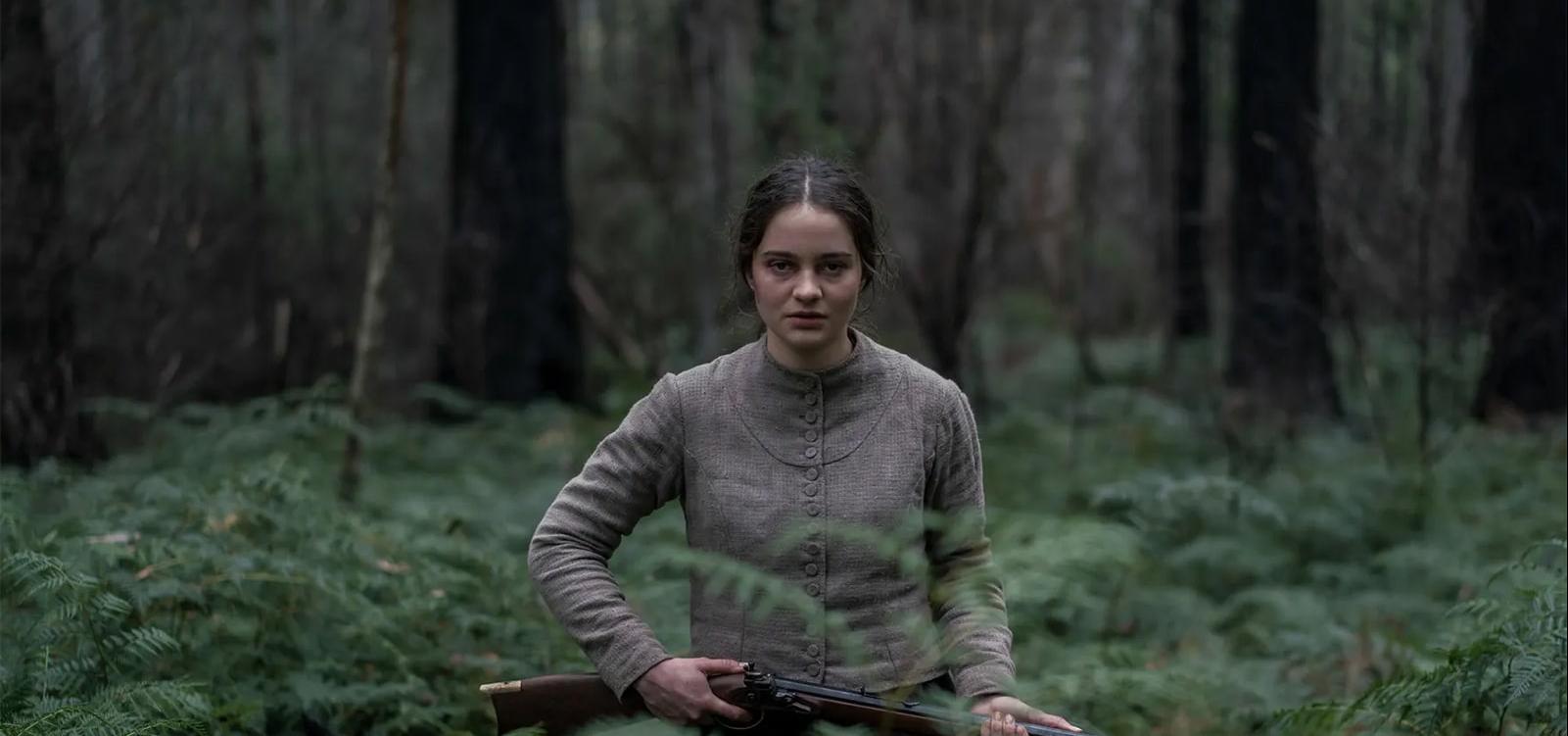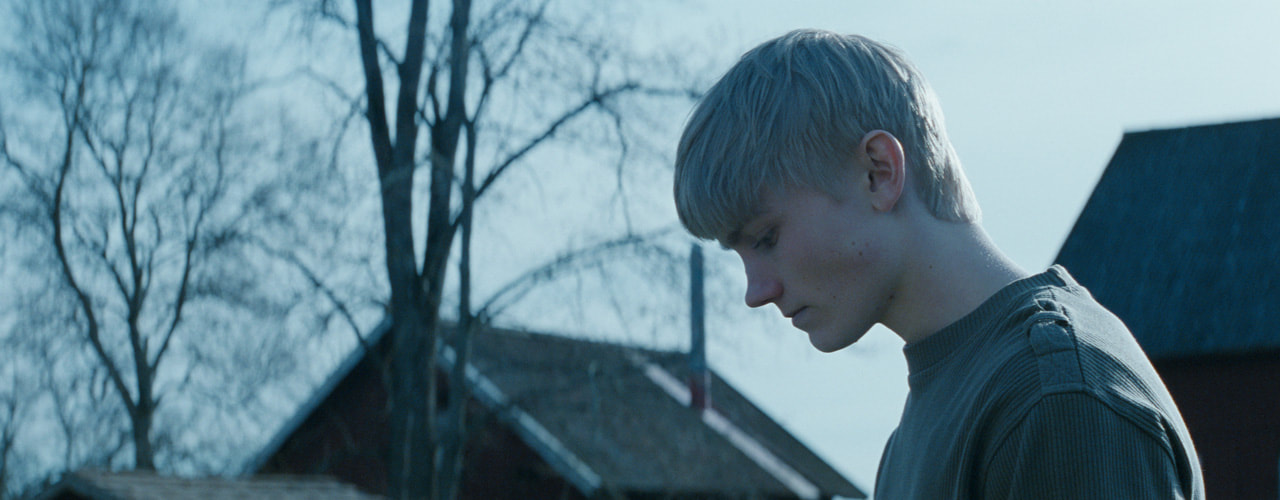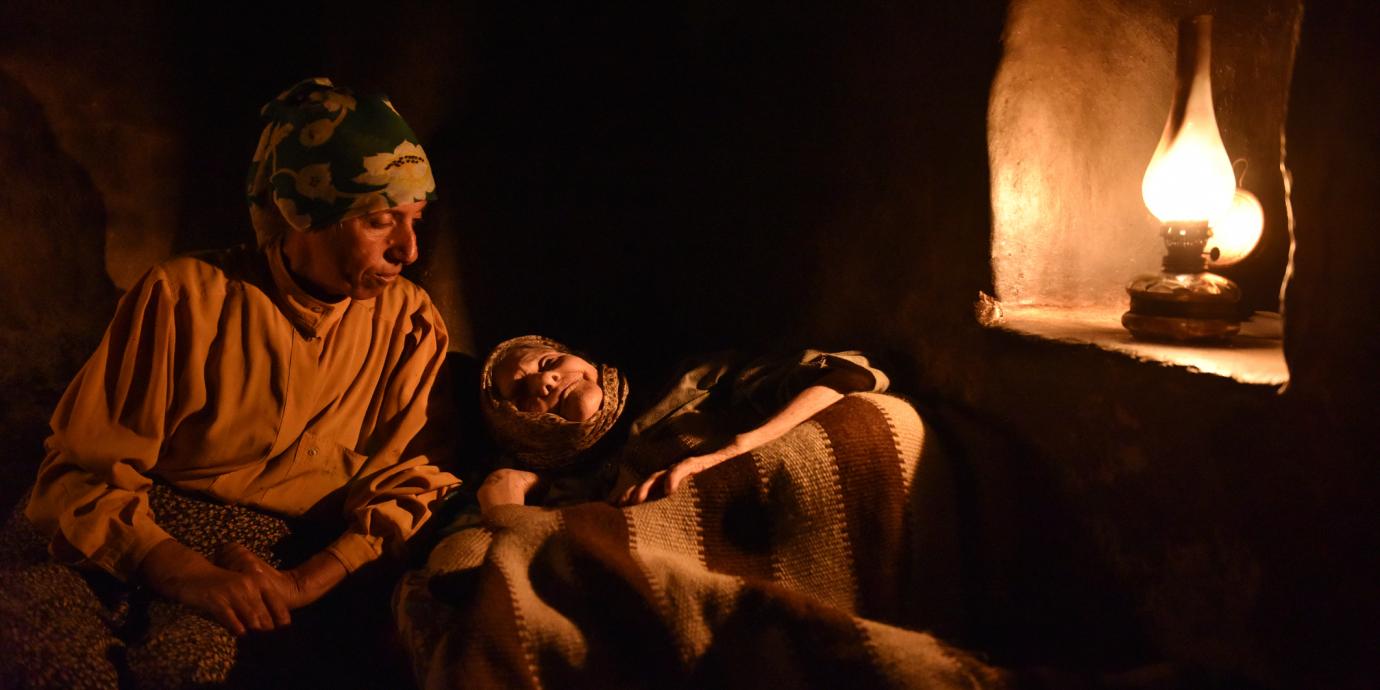|
British colonization of Tasmania provides a potent setting for this dark revenge thriller in which gothic, abrasive formalist designs encapsulate the cruelty and barbarism of colonialism; Emotional potency juxtaposed with brutal, albeit purposeful violence create a haunting experience which reverberates with the horrific sins of colonialist aggression.
0 Comments
Static, cold formalist designs evoke the discomfort and unease of its narrative and thematic schematics; Morality is complex, forgiveness and rehabilitation are difficult yet essential given the barbarism of the alternative and the cyclical nature of such forms of justice.
Observant ethnography which is transformative in its ability to encapsulate the complexities of the human condition through its character study of a lone Macedonian beekeeper. Has a clear perspective but feels like a genuine, organic experience in which the filmmakers observant eye is unobtrusive in garnering its heartbreaking results; Evolves as it progresses in front of our very eyes delivering a potent emotional resonance in which a vast array of characteristics related to the human condition - exploitation, empathy, solitude, companionship, property, labor - are explored with a pensive, yet unassuming eye.
A complete and utter disaster that is quite frankly an abomination in which everyone involved should be deeply ashamed. The film's playfulness is such a gross miscalculation, sending the film down a path of tonal degradation where the dire nature of such human catastrophe never feels palatable or as tense or dangerous as it should. The structure and narrative are a compelling starting point but the treatment of the material - the playful formalist designs - are so terribly misguided that when the film attempts to get raw and genuine about the horrors of Nazism all I wanted to do was punch everyone involved for their blatant exploitation. Satire needs to be intelligent and have a perspective, this movie has neither
Escapist cinema at its finest in which masculine melodrama is constructed and delivered with structural and formalist efficiency. Celebratory of individual achievement while offering a blistering critique of consumerism and the tyrannical nature of mass production which stymies and subjugates artistry and craftsmanship of creativity. Life isn't about the quantity of experiences but the quality of said experiences or as one cinematic icon once astutely put it: I live my life a quarter mile at a time.
Way more interesting in its deconstruction of the vicissitudes of identity than in its gentrification critique; Too simplistic in its politics but a surprisingly nuanced and interesting examination of the complexities of what we define as identity and the power it has over our actions. A24 films seemingly are becoming increasingly monolithic in their formalism.
|
AuthorLove of all things cinema brought me here. Archives
June 2023
|






 RSS Feed
RSS Feed
